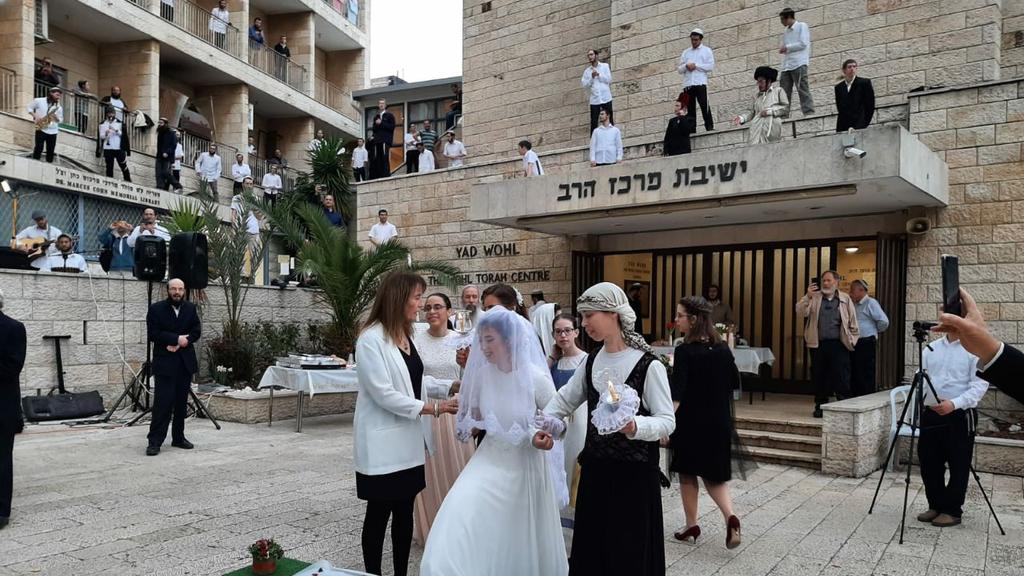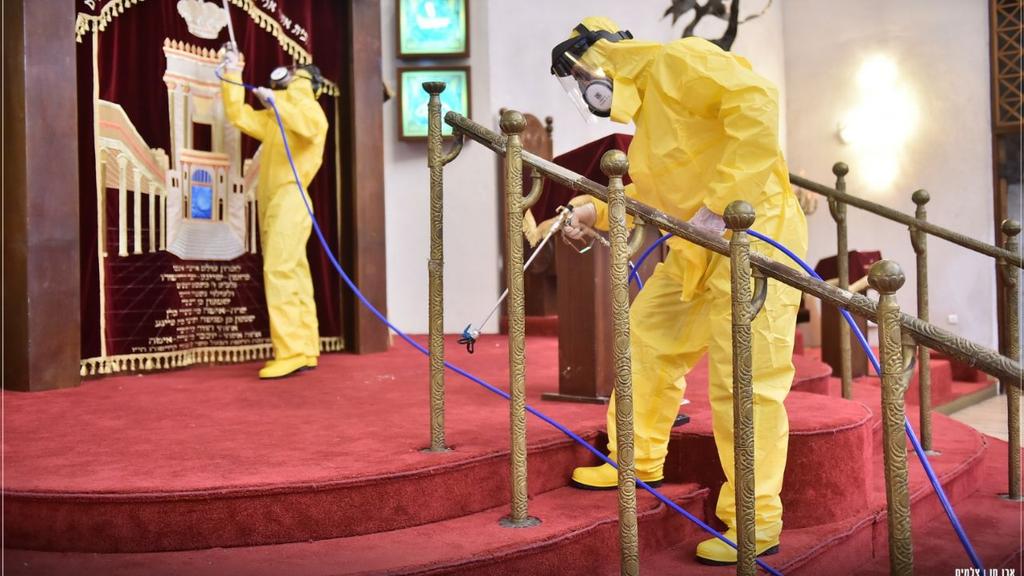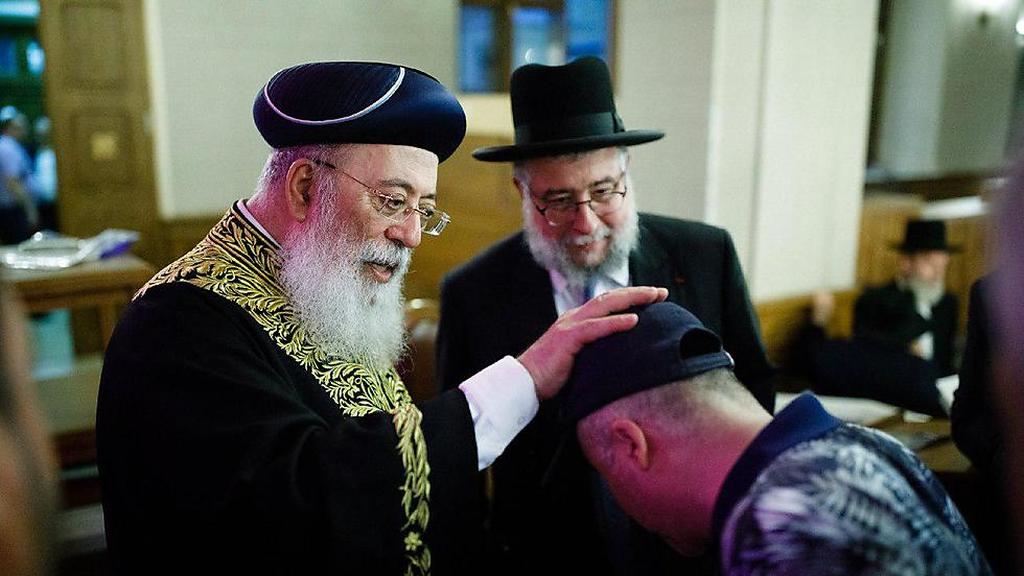Sephardi Chief Rabbi of Israel Yitzhak Yosef has told religious Jews they must leave their phones turned on during Shabbat in order to receive updates on the coronavirus crisis.
The decision was made so as to allow the Health Ministry to inform people that they may have been exposed to the virus and must enter a two-week quarantine period.
Yosef decided to dispatch a fleet of cars with loudspeakers to also inform residents in ultra-Orthodox communities if they need to enter quarantine on Shabbat.
In a letter sent to Health Minister Yaakov Litzman, the rabbi ruled that synagogues in hospitals will also need to be closed, due to the difficulty of adhering to the two-meter distance minimum between worshipers.
"There is no doubt that anyone confirmed with the virus must have his phone on during Shabbat to be updated on his condition," said the chief rabbi in a letter to Litzman.
"Even those who were not tested should have their phone on in order for them to know if they were in close proximity to a confirmed patient and need to enter quarantine," he said.
"A fleet of vehicles with speakers will be on duty during Shabbat in religious and ultra-Orthodox communities to emphasize the importance of quarantine," the rabbi wrote.
For the first time since the beginning of the outbreak, Bat Yam municipality decided to close all the synagogues within its jurisdiction, the first city to do so.
The new directive will affect tens of thousands of people and close down some 140 houses of worship in the city.
"It is a tough decision," a statement from the municipality said. "But it is clear: if we leave the synagogues open, older people are likely to die."
Under Jewish law, a quorum of at least 10 adults, or minyan, is needed for certain religious rituals; under Orthodox Jewish law, all 10 must be men.
An emergency meeting between municipal officials, health officials, rabbis, police and IDF officers in the predominantly ultra-Orthodox city of Bnei Brak decided that the three daily Jewish prayers will be conducted in spacious buildings – with no need to arrive at a synagogue.
3 View gallery


An ultra-Orthodox wedding is held at a Jerusalem yeshiva, with celebrants observing the directives to keep their distance
Visits to the mikveh (ritual bath) are to be avoided as long as health guidelines are in place and that weddings and any events with multiple participants are not allowed.
Women, children, senior citizens and health workers are allowed to pray from home.
Chabad senior rabbis announced that anyone not obeying health directives is subject to "din rodef," meaning there is a holy duty to report them to authorities.
The rabbis also ruled that solitary prayers at home are sufficient since the guidelines can not allow people to meet in synagogues, keep personal distances and uphold restrictions of the number of people to below 10.



